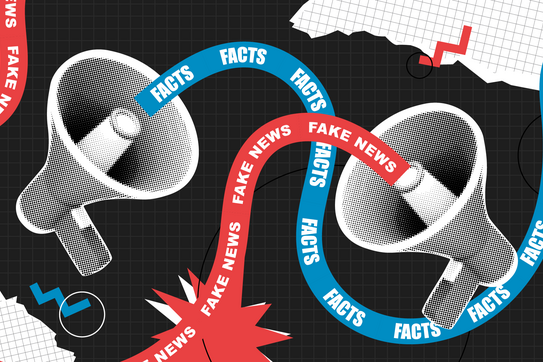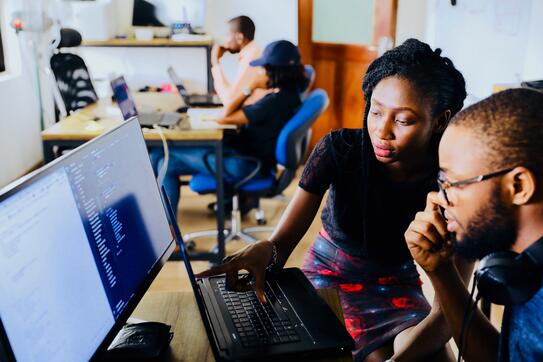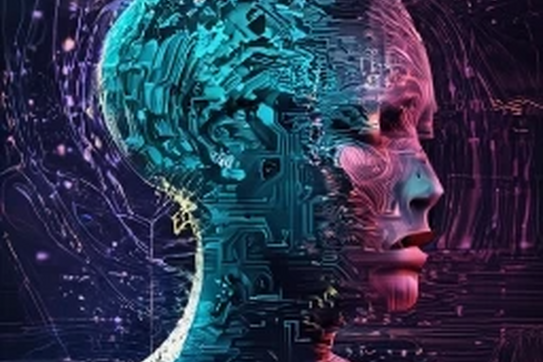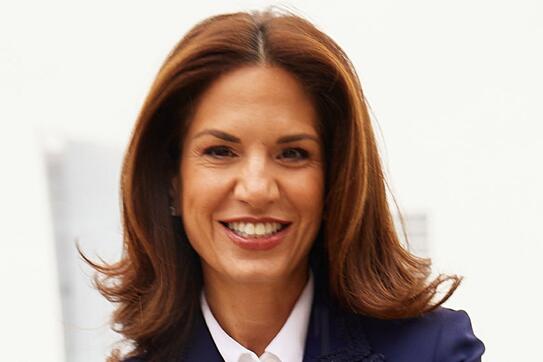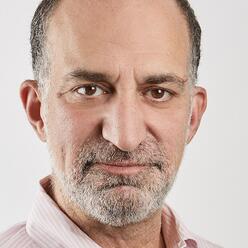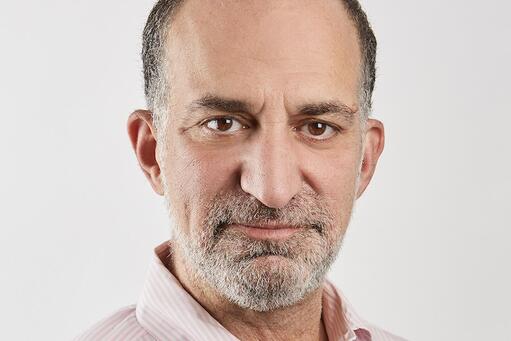The Surprising Factors That Make Readers (and Voters) Susceptible to Misinformation
Research by Professor Andrea Prat investigates how well Americans can detect false information compared to their ability to recognize true facts, revealing that information inequality — rather than widespread misinformation — is the core issue impacting discernment.
